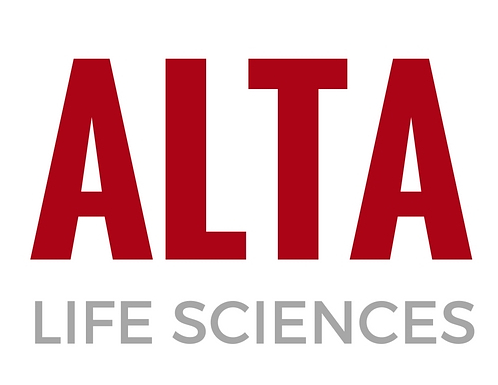Barcelona – September 17, 2025 – Inbiomotion, a company commercializing its proprietary MAF Test® for identifying high risk early-stage breast cancer patients, announces the publication of a landmark economic evaluation titled “Economic impact of MAF testing for adjuvant bisphosphonate therapy in early breast cancer: a multi-regional budget impact analysis from a payer perspective” (João L. Carapinha et al.), in the Journal of Medical Economics.
The study demonstrates how the MAF Test®, which stratifies early-stage breast cancer patients by MAF gene status to guide adjuvant bisphosphonate therapy, delivers meaningful economic value across multiple healthcare systems.
Key findings
- €105 million total savings over a 10-year horizon among the modeled MAF-negative cohort, driven by improved outcomes and reduced recurrence-associated costs.
- Per-patient average savings estimated at €2,732 for postmenopausal and €2,150 for premenopausal
- Front-loaded benefits: 59–81% of total savings accrue within the first five years.
- Broad geographic scope: analysis spans the United States, United Kingdom, Spain, Italy, Denmark, Germany, Finland, Norway, and Sweden.
Why this matters
The results support a biomarker-driven approach in which the MAF Test® helps ensure bisphosphonate therapy is offered when it is most likely to be beneficial—enhancing personalized care while producing measurable savings that support sustainable, cost-effective cancer treatment policies.
“This new economic evidence solidifies the role of MAF Test® in precision oncology—not only by improving outcomes, but also by delivering substantial cost efficiency,” said Ralf van den Berg, Chief Operating Officer of Inbiomotion. “By aligning clinical efficacy, patient outcomes, and economic responsibility, the MAF Test® emerges as an indispensable tool for oncologists and healthcare systems alike.”
Recent milestones
Since launching the MAF Test® in May 2023, Inbiomotion has expanded access through distribution partnerships with SPA Farma (Italy), Source Bioscience (United Kingdom and Ireland), The Scientific Group (Sub-Saharan Africa), and Palex (Spain and Portugal).
In July 2025, the MAF Test® was introduced across leading Spanish hospitals – Hospital del Mar (Barcelona), Clínic Barcelona Comprehensive Cancer Center, HM Hospitales (Madrid), and IBCC / Pangaea Oncology – potentially benefiting nearly 80% of the 33,000 early-stage breast cancer patients diagnosed annually in Spain.
About Inbiomotion
Inbiomotion is a spin-off of IRB Barcelona and ICREA, founded in 2011 by Dr. Roger Gomis, following the identification of the MAF gene as a biomarker to predict bone metastasis in breast cancer. Inbiomotion has developed a diagnostic kit based on the detection of MAF gene amplification, the MAF Test®, to promote precision medicine and improve the treatment of breast cancer patients. The company holds more than 200 patents and patent applications covering its proprietary MAF Test® FISH and the use of bisphosphonates in the adjuvant treatment of early-stage breast cancer patients. The company’s main investors are Ysios Capital, Alta Life Sciences, Criteria BioVentures, and the Vila Casas Foundation. For more information, please visit www.inbiomotion.com.
About the MAF gene
MAF (mesenchymal aponeurotic fibrosarcoma gene, a transcription factor of the AP-1 family) is amplified in primary cancer tumors. It is associated with increased metastasis, especially bone metastasis. MAF transcriptionally controls genes such as PTHrP, which regulates metastasis-related cellular processes such as survival, initiation, metabolic rewiring and adhesion to bone marrow derived cells and osteoclast differentiation. MAF protein interacts with the estrogen receptor, a key element in the development of breast cancer, modifying its structure. This interaction leads to DNA restructuring, which allows the activation of genes that favor metastasis, particularly in response to estrogen. These observations indicate that the MAF gene has a key hierarchical role in metastasis. The MAF gene has been found to be amplified in 20% of breast cancer patients. In the case of patients with non-metastatic breast cancer, having amplified (MAF positive) or not (MAF negative) MAF has been associated with a very different response to bisphosphonate treatment, significantly impacting the survival of patients who are MAF negative.
Access the publication/disclaimers here:
https://www.tandfonline.com/doi/full/10.1080/13696998.2025.2543212.
Contact:
Inbiomotion
Joël Jean-Mairet, PhD
Executive Chair
+34 93 5173545

